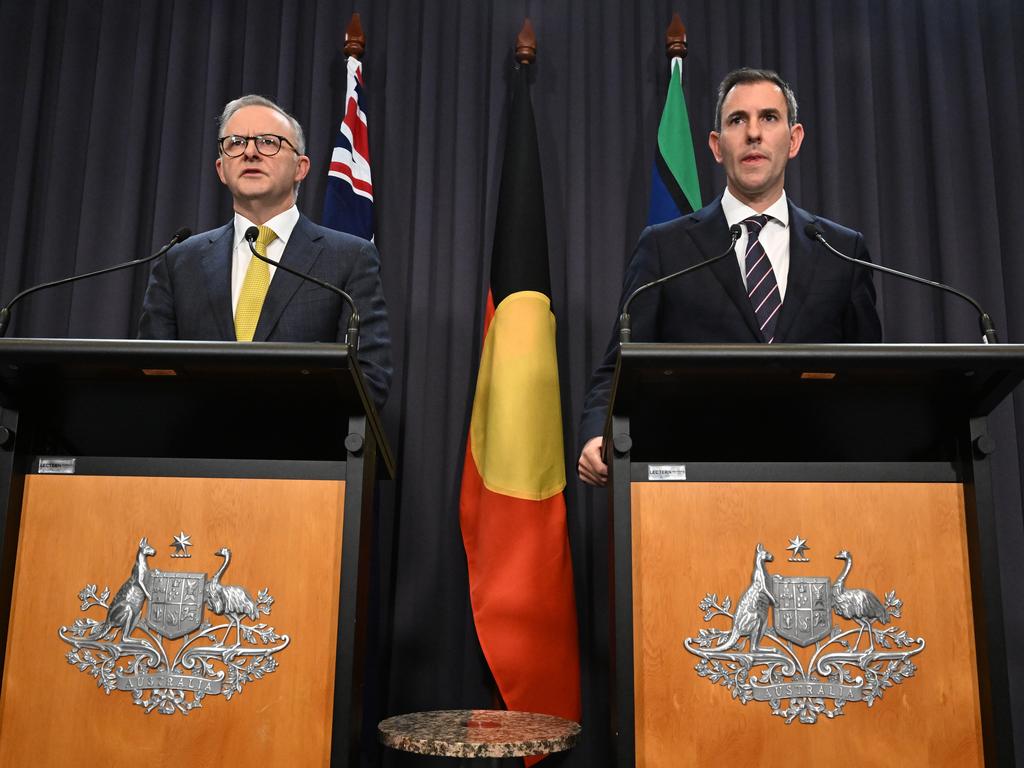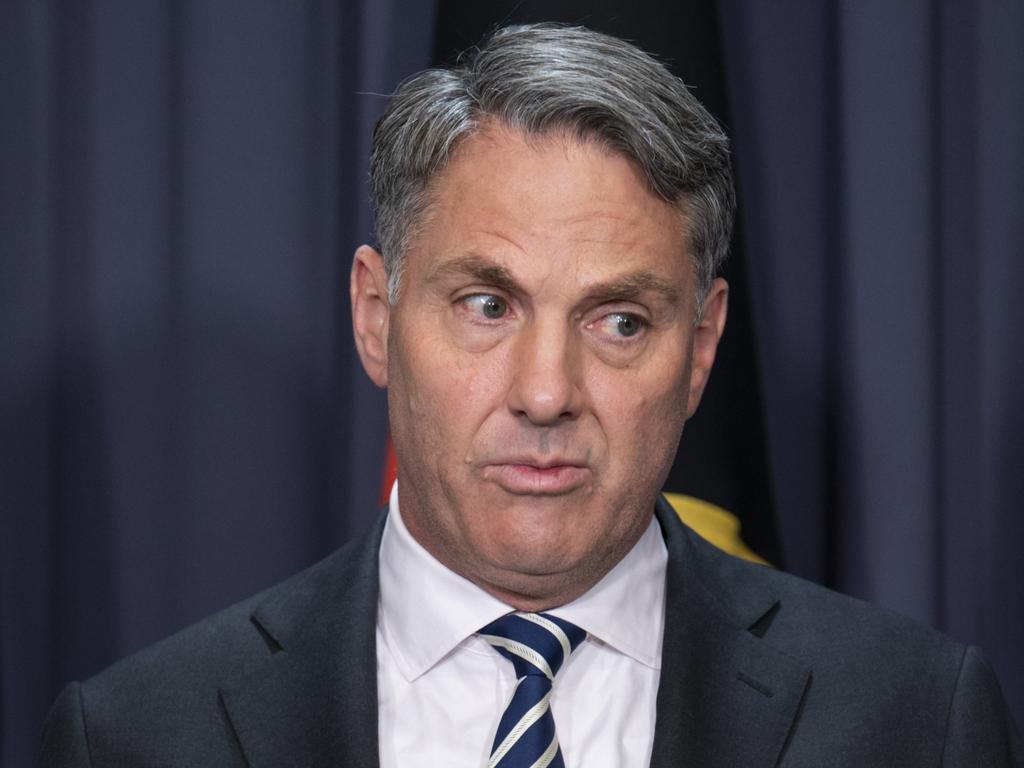
There is no doubt Climate Change and Energy Minister Chris Bowen is keen to have Labor’s ambitious emissions reduction 2030 target enshrined in legislation as soon as possible. It is one of the newly elected government’s top priorities.
To achieve this, it will be necessary to persuade Greens senators plus one other – possibly independent David Pocock – to vote for the bill, given the decision of the Coalition to oppose it. Certain compromises may be extracted as part of this process.
An important prior question is whether it is sensible for a country to have a legislated emissions reduction target. Plenty of countries, including those with ambitious short-term targets as well as a commitment to net-zero emissions by 2050, have no legislative backing for their climate commitments. By contrast, Britain, Canada, France, The Netherlands and New Zealand have opted for legislative routes. (There was even an attempt by France to enshrine the climate fight in the constitution but this has now been dropped.)
Before outlining the features of the legislated approach, it is worth pointing out that the emissions records of these countries, particularly Canada and New Zealand, have been disappointing relative to their governments’ stated aspirations. Simply legislating an emissions target does not guarantee its achievement.
In Canada, for instance, there has been only a tiny drop in emissions since 2005, and in New Zealand emissions have been steady. This is notwithstanding the bold emissions reduction targets of both countries, including their embrace of net-zero emissions by 2050. A climate emergency has even been declared in New Zealand, although it’s not clear what difference it has made.

If we look at Britain, the first Climate Change Act was passed in 2008 when Labour’s Gordon Brown was prime minister. This was followed up by the commitment to net-zero emissions by 2050 being enshrined in law in 2019 when the Conservative party’s Theresa May was prime minister.
One of the principal ways the legislation works in Britain is through the independent Climate Change Committee that sets carbon reduction budgets to be met within specified time frames. The CCC then releases progress reports and makes policy recommendations so these budgets can be achieved. (A similar role is envisaged for Australia’s Climate Change Authority by the Albanese government.)
The chairman of the CCC is John Gummer, Lord Deben, who sits in the House of Lords. He majored in history as an undergraduate. Deben also chairs a sustainability consultancy and recycling company and is a trustee of climate change charity Cool Earth. Many would see his portfolio of activities as being replete with conflicts of interest.
Deben is a loquacious advocate of climate change measures and continues to ruffle feathers by criticising other countries, including Australia. He is constantly making helpful suggestions including that everyone should walk and cycle rather than drive and that Monday (and possibly other days) should become meat-free. The ban on the sale of new internal combustion engine vehicles from 2030 in Britain has the full backing of the CCC.

The committee has promoted the need for gas boilers, the most common form of home heating in Britain, to be replaced by heat pumps. The CCC target is for 600,000 heat pumps to be installed every year; Britain will be lucky to achieve 30,000, in part because of the expense for households as well as the scarcity of installers and appliances. (Improved home installation is also required for heat pumps, which is an additional cost for households.)
Recent developments in Britain, however, have disturbed the government’s Build Back Greener strategy. Higher inflation and cost-of-living pressures, particularly the rapid rise in gas prices, have led to some policy rethinking on the part of the government. Green-tinged prime minister Boris Johnson even called for Britain to have a “climate pass” this year. Coal-fired power plants have been switched back on in response to the energy crunch, notwithstanding the existence of the climate legislation. The CCC has flagged that Britain is likely to fail to meet its next carbon budget.
One of the consequences of having emissions targets enshrined in legislation, rather than simply conveyed as government policy, is the scope for third parties to use the legislation to launch legal action to achieve certain environmental aims. This generally takes the form of opposing particular developments.
A proposed gas project can be challenged on the basis of the impact on emissions. A road repair project is opposed because fixing it will mean more cars travelling on the thoroughfare. A new airport runway can be opposed in court on the basis that more air travel will lead to higher emissions.

In this last example, the plan to construct a third runway at Heathrow airport has been held up for many years as activists have run the gauntlet of regulatory authorities and the court system right up to the Supreme Court. The case ultimately was lost but there is still no third runway.
Of course, climate activists may actually see the scope for lawfare as being one of the advantages of having a legislated emissions reduction target. This said, we are putting a lot of faith in unelected judges to decide on these cases given the inevitable trade-offs involved as well as the judges’ lack of scientific knowledge.
Just recently, we had one judge in Australia create a climate duty of care to query the development of a new coalmine, a finding that was rejected on appeal. Had there been federal legislation in place, the appeal outcome might have been different.
The case for legislating emissions reduction targets is weak notwithstanding the belief that certainty is created for investors and businesses. As is the case with all legislation, future governments are not necessarily bound by an act passed by a former government. Think here Labor’s Clean Energy Act 2011 that was rescinded by the Abbott government.
Apart from giving the government of the day a warm inner glow about taking climate change seriously – and potentially showing off to other countries – legislating targets doesn’t mean they will be met.
Our government may end up deciding the concessions demanded by the Greens and one other senator are a bridge too far relative to the benefits of having a legislated target.
After all, the journey towards cutting emissions by 43 per cent by 2030 is, in practice, not really affected one way or the other.







